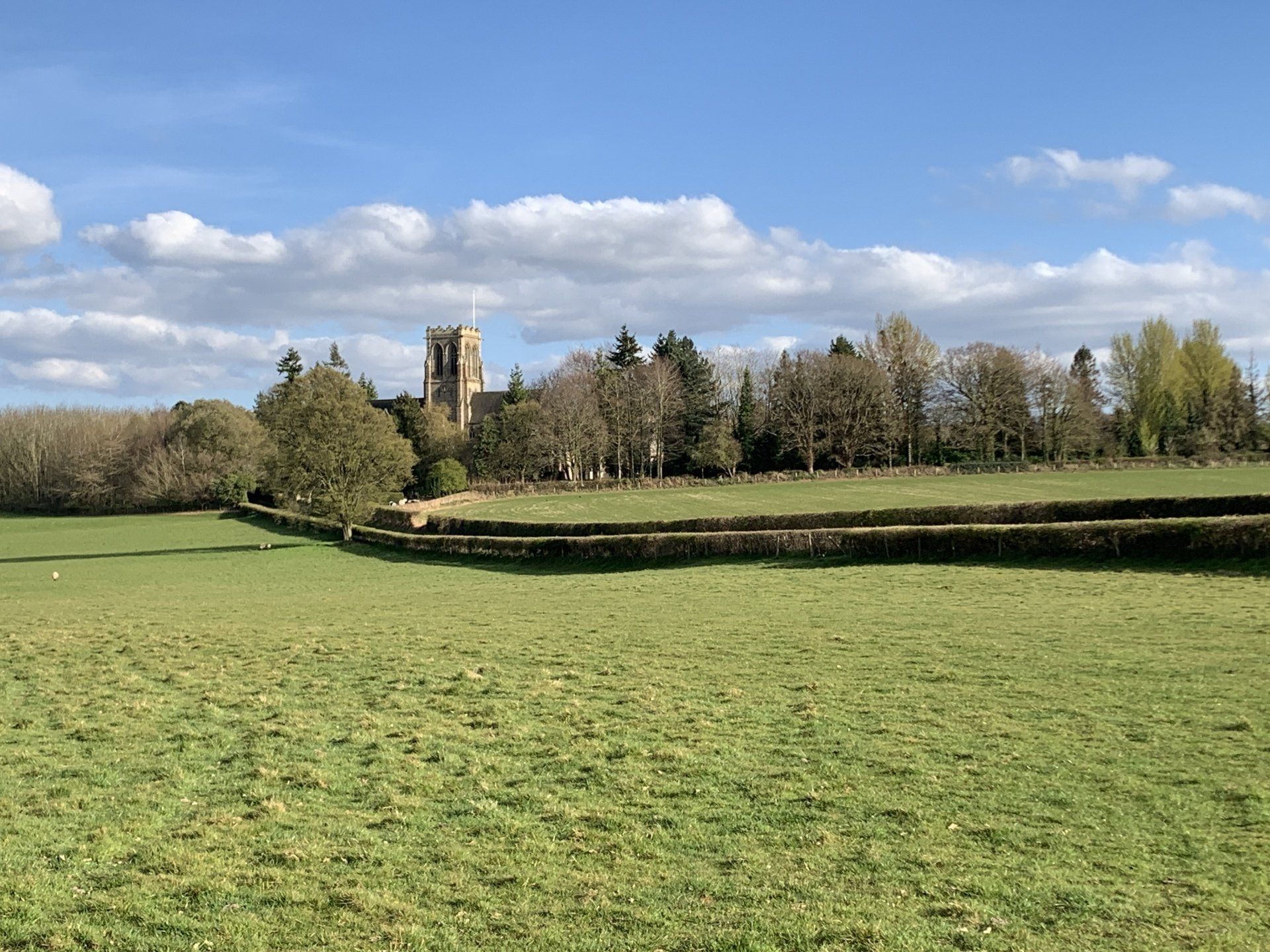Message of Abbot Paul - Thursday 28th July
Abbot Paul • July 27, 2022

Message from Fr Paul for Thursday, 28th July 2022
Reading today’s Gospel of the Parable of the Dragnet always reminds me of one of the beaches I used to swim at when I lived in northern Peru. Occasionally, when visiting the Sanctuary of Our Lady of Ransom at Paita, rather than return towards Colán, where you can find the first church built by the Spanish conquistadores, which is dedicated to St Luke, I’d drive in the opposite direction and go down to the fishing village of Yacila, which was safer for swimming, Colan being plagued at the time by stingrays. However, if the fishing boats were in the bay, it was better not to swim at Yacila as the water would be full of discarded fish, those thrown away as being of no use in the market. That’s the problem with dragnets, so much is wasted, unless the fish and crustaceans are treated with care. But, firstly, let’s read the passage from Matthew, (Mt 13: 47-53).
“Jesus said to the crowds: ‘The kingdom of heaven is like a dragnet cast into the sea that brings in a haul of all kinds. When it is full, the fishermen haul it ashore; then, sitting down, they collect the good ones in a basket and throw away those that are no use. This is how it will be at the end of time: the angels will appear and separate the wicked from the just to throw them into the blazing furnace where there will be weeping and grinding of teeth.
‘Have you understood all this?’ They said, ‘Yes.’ And he said to them, ‘Well then, every scribe who becomes a disciple of the kingdom of heaven is like a householder who brings out from his storeroom things both new and old.’”
In itself, the parable is an accurate description of what happens when this sort of net is used, but then Jesus goes on to apply it to the kingdom and the last judgement, when good and bad will be separated by the angels. The fishermen sit down to the business of sorting the fish into the “good” and the “bad.” The fish worth keeping are gathered into containers, but the rest tossed away. This parable is similar to that of the Wheat and Tares (Mt 13: 24-43). Both parables concern an end-times sorting, aided by angels, when believers will be separated from unbelievers once and for all, and it’s more subtle even than that, for some believers are bad and some unbelievers are good, so the interpretation isn’t quite as simple or as straightforward as the parable. Just as the net is cast into the sea drawing many fish, the gospel message is spread into the world, drawing many people to it. Just as the net gathers all types of fish, regardless of their value, so the gospel attracts many people who neither repent nor desire to follow Christ. Just as the fish could not be sorted until the net was pulled ashore, so false believers masquerading as true Christians will not be made known until the end of time. The sobering main point of the parable can be stated thus: A day of reckoning will come in which God will separate the true believers from mere pretenders, and those found to be false will be cast into hell. We might have difficulty believing in hell today, yet we live in a world where evil is prevalent, but for Jesus and his disciples hell was very real. This parable gives us a lot to think about. Lord, have mercy.









